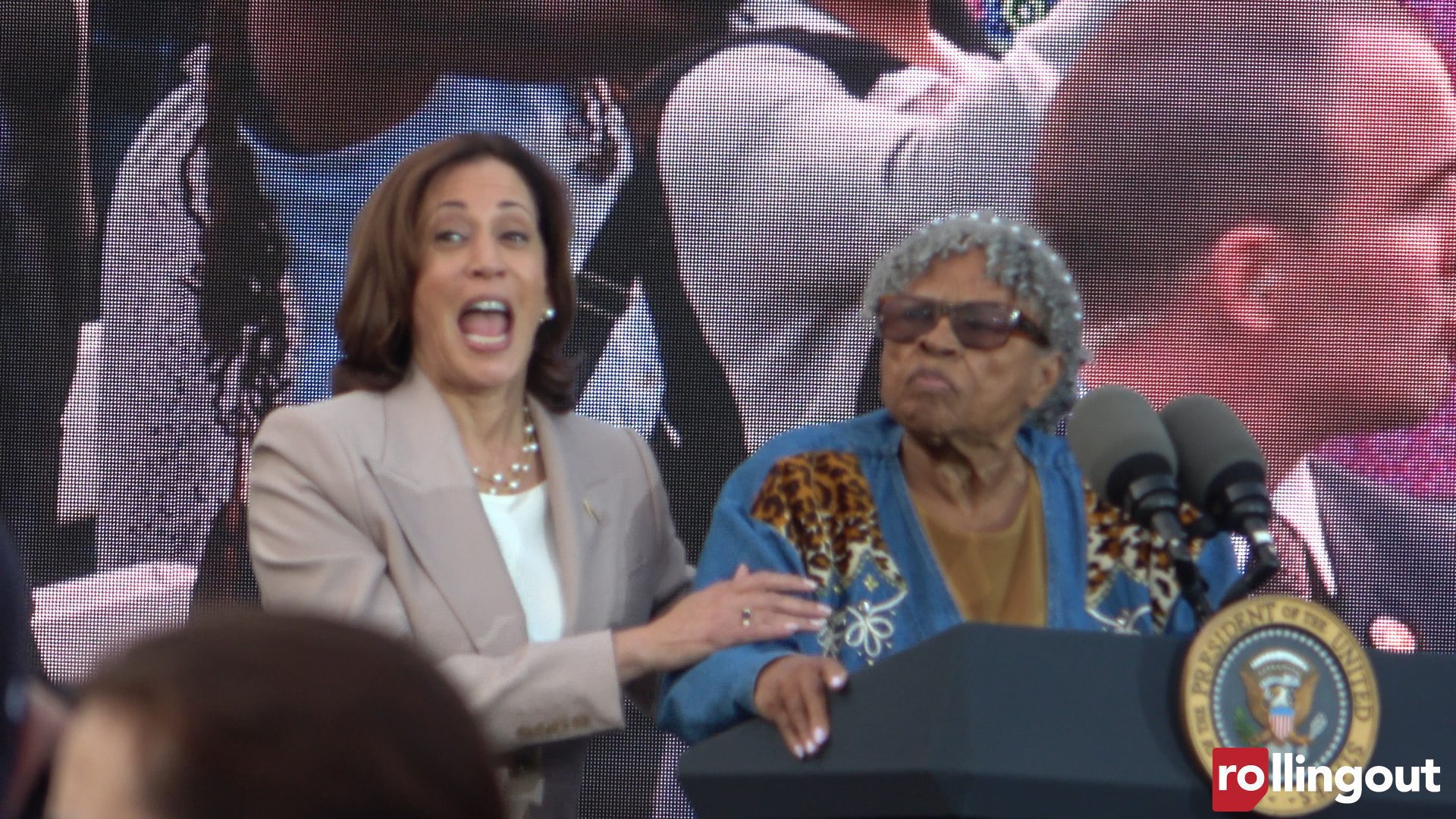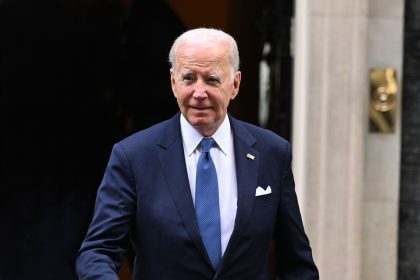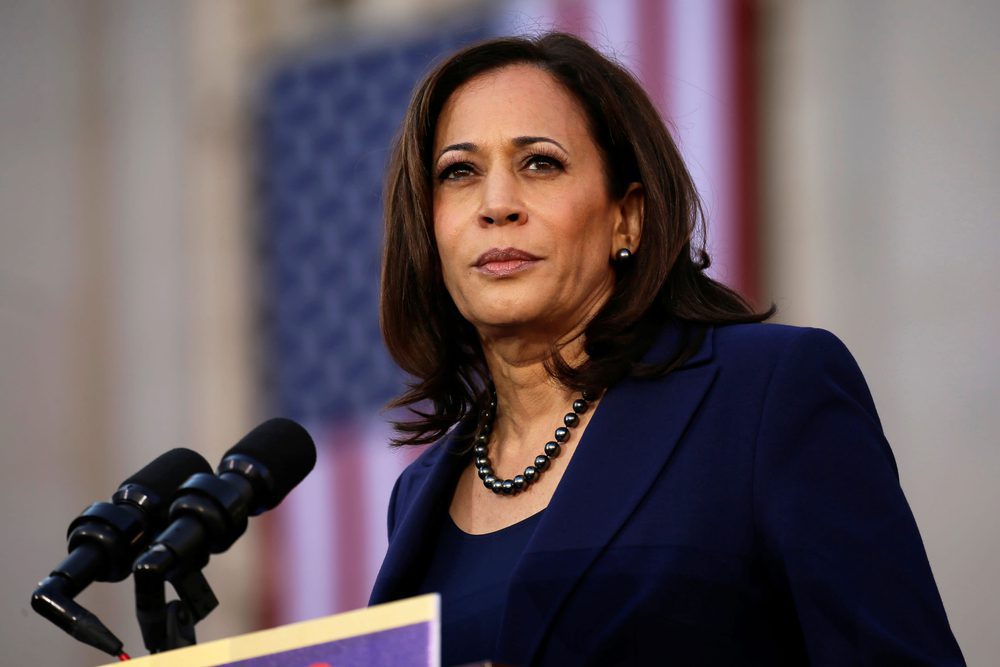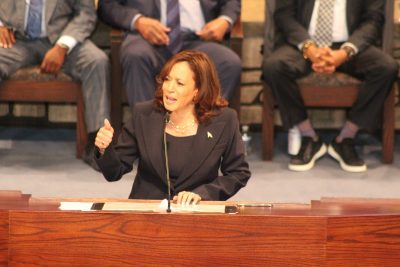For mostly older Black Millennials and Gen Xers, the struggle of caring for aging parents while raising children is all too familiar. Vice President Kamala Harris recently brought this issue to the forefront in her Oct. 8 appearance on “The View,” reported CNN. Her proposal: making at-home eldercare more affordable. Her initiative speaks directly to the “sandwich generation,” a term many in those generations have come to know intimately as we juggle the responsibilities of caring for both our children and our parents.
Harris’s personal experience as a caregiver for her mother resonates deeply with our community. Black people often find themselves bearing a disproportionate burden when it comes to family caregiving. The cultural expectation to care for our elders — combined with the financial strain of doing so — creates a perfect storm of stress and obligation that many of us know all too well.
The current state of elder care in the U.S. is a patchwork system that often leaves families — especially those in communities of color — struggling to make ends meet. Medicare’s lack of coverage for long-term care forces many to deplete their savings or rely on Medicaid, which comes with its own set of challenges and limitations. This coverage gap has long been a source of anxiety and financial hardship for our communities.
“I cannot stress how the financial burden of not having Medicare cover long-term care for our aging parents and loved ones is on Black and Brown families,” Hillary Holley, executive director at Care in Action, told The Grio.
Harris’s proposal aims to redirect savings from Medicare drug price negotiations to fund at-home elder care services. For many of us who’ve watched our parents’ medication costs skyrocket over the years, the idea of using these savings to support caregiving is a welcome change.
The initiative also shines a light on the often-overlooked care workers — who Holley’s organization represents —who are the backbone of the eldercare system. Many of these workers are women of color, often underpaid and overworked. Improving their wages and working conditions is not just about fair labor practices; it’s about valuing the work that has traditionally fallen to women in our communities.
As we navigate our careers and raise our own families, the prospect of affordable at-home care for aging parents offers a glimmer of hope. It’s a recognition of the unique challenges faced by our generations, caught between the demands of our professional lives, the needs of our children and the responsibility we feel towards our elderly parents.
This proposal is part of a broader conversation about how we, as a society, value and support caregiving. For too long, the work of caring for family members has been seen as a private matter, left to individuals to figure out on their own. But as our population ages and the sandwich generation feels the squeeze, it’s becoming clear that this is a public issue that requires public solutions.
The push for better elder care policies is not just about economics; it’s about preserving the dignity and quality of life for our elders. Some Black people have grown up with strong connections to our grandparents and older relatives, understanding the wisdom and history they carry. Ensuring they can age comfortably at home — surrounded by family — aligns with our cultural values and traditions.
As this initiative moves forward, our community must stay engaged and vocal. Our experiences and stories need to be at the forefront of this conversation, shaping policies that truly address our needs. We’ve seen time and again how policies can overlook or underserve our communities when we’re not at the table.
This moment presents an opportunity to reimagine elder care in a way that honors our parents and grandparents while easing the burden on our generation. It’s a chance to create a system that recognizes the value of caregiving and supports those who take on this critical role.
For older Black Millennials and Gen Xers, Harris’s proposal represents more than just a policy change — it’s an acknowledgment of our lived experiences and the challenges we face daily. As we continue to advocate for better support systems, we’re not just fighting for our parents; we’re paving the way for our own futures and those of our children. It’s a reminder that our voices matter and that our experiences can drive meaningful change in how our society approaches elder care.













